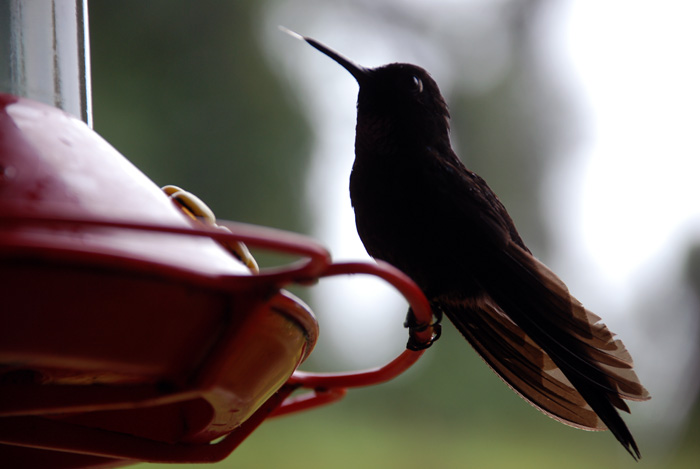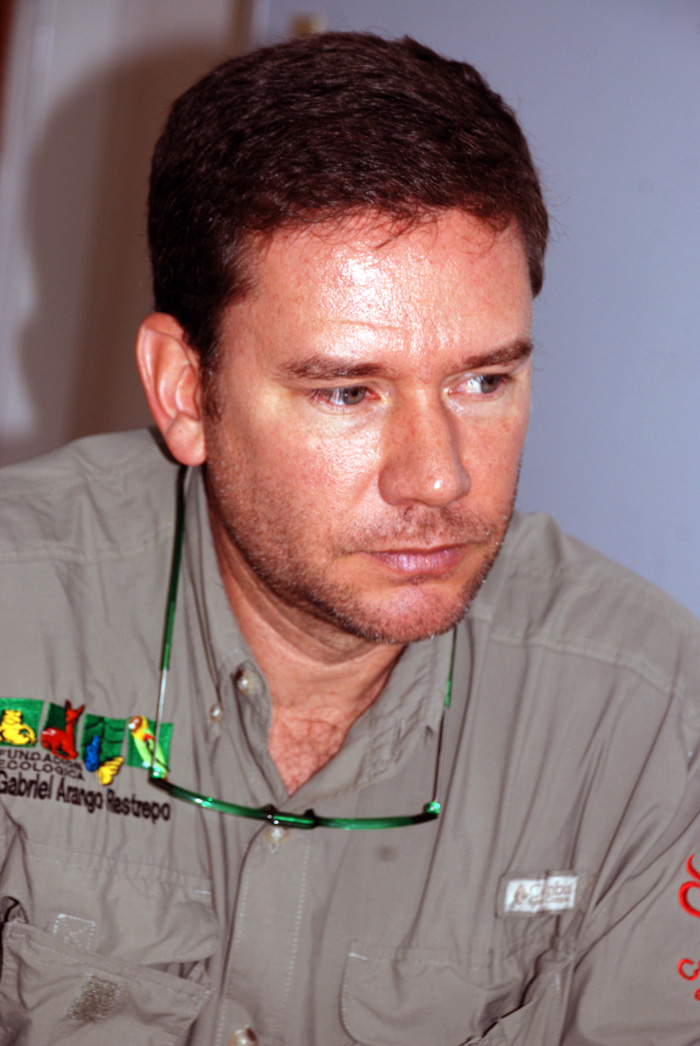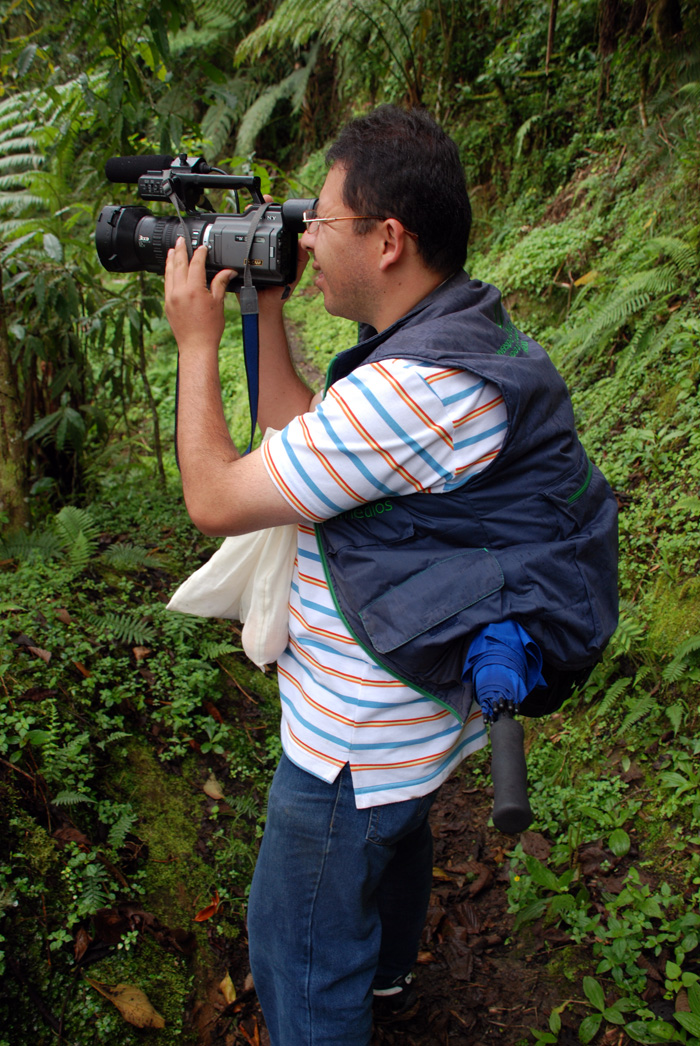After UNESCO declared PCC Human patrimony, a work led by UNESCO subject in Manizales campus, UNESCO and Universidad Nacional de Colombia in Manizales, along with other local and national institutions, have been working on a plan to rescue and highlight the values of this region.
One of its main rich ecological and economic sources is birds, since this region contains more than a thousand species, counting 50 endemic species (exclusive of this place).
From those species, Caldas has 877, a similar number to that of Costa Rica; a country that bases 30% of its economy in ecotourism for bird observation. This is a situation that could be beneficial in Colombia, offering training to the region"s inhabitants and the reservoirs to boost this developed engine.
"This richness would attract around 500 thousand bird observers who travel around the world in order to find birds and are mainly interested in endemic species. This initiative could generate 600 million dollars every year, a figure that Costa Rica makes with this activity," asserted Sergio Ocampo Tobon, president of the National Network of Bird Observers in Colombia.
"The coffee triangle receives the water from the mountains, where 40 types of cold weather birds live. In the fog forest, almost 400 species exist and in the high and low marginal coffee territory, there are around 200 species," asserted the specialist.
Likewise, this region counts on 50 unique species that are the most requested for observation, making this coffee landscape an obliged stop for ornithology visitors.
 Correo Electrónico
Correo Electrónico
 DNINFOA - SIA
DNINFOA - SIA
 Bibliotecas
Bibliotecas
 Convocatorias
Convocatorias
 Identidad UNAL
Identidad UNAL





